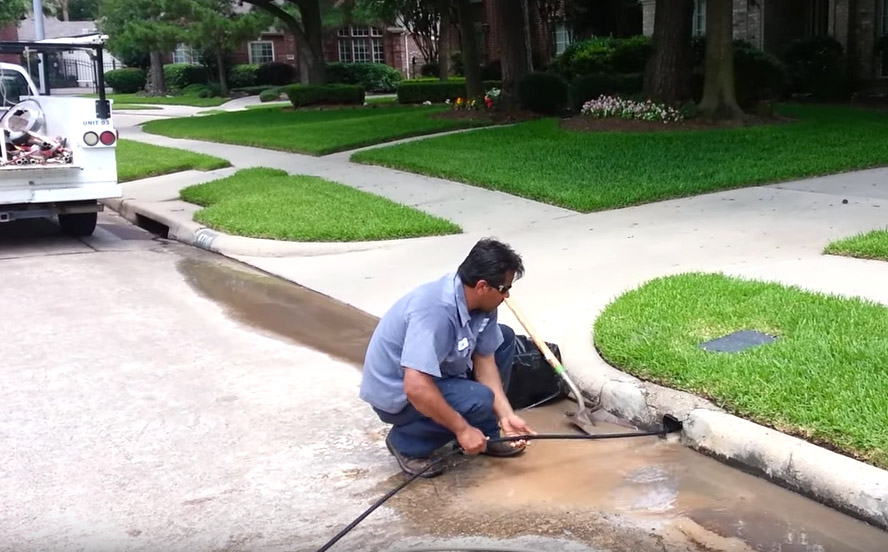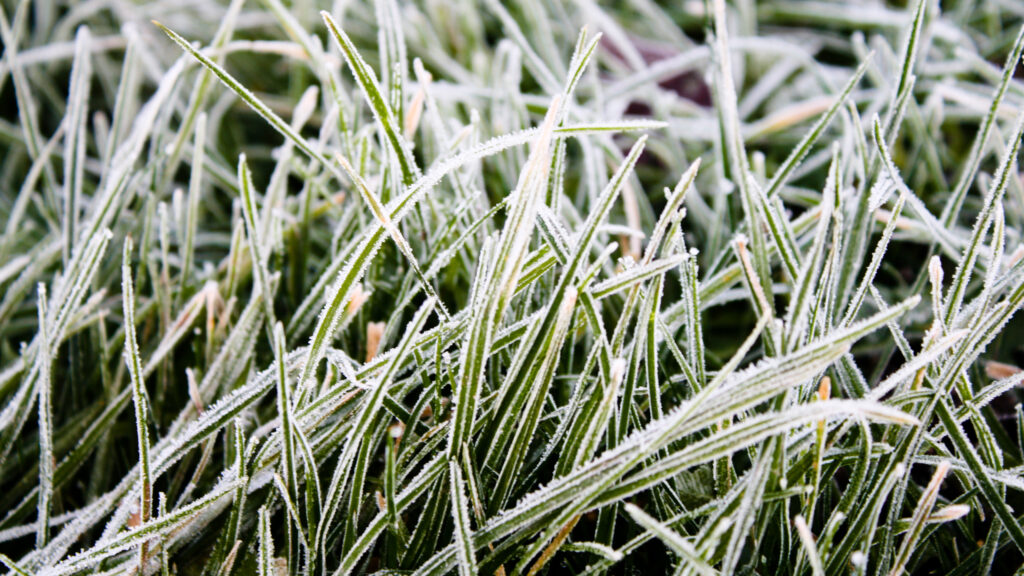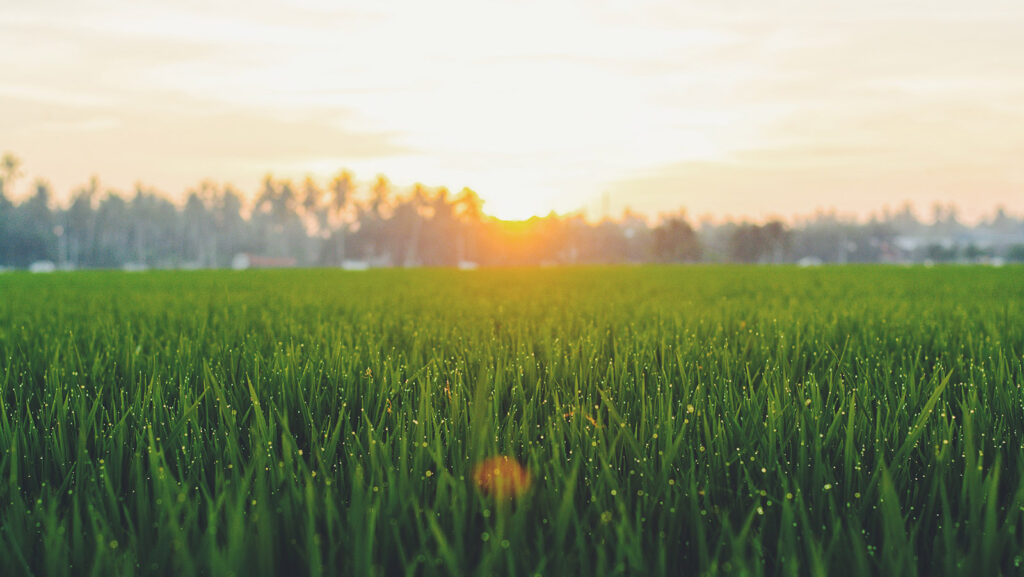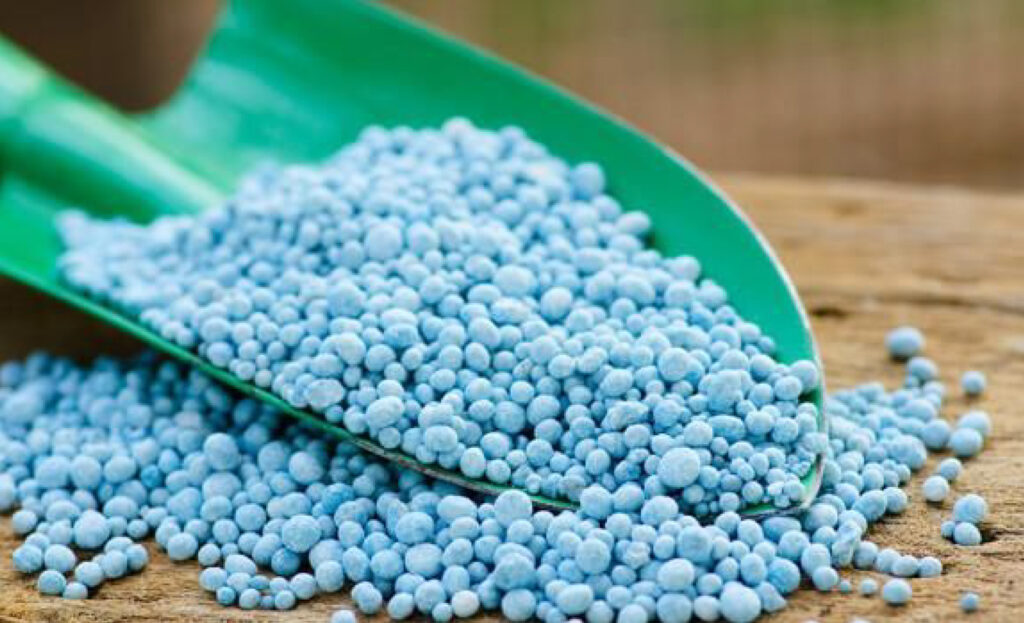5 Essential Tips to Transition Your Lawn Care into Fall (and Optimize Your Sprinkler System)
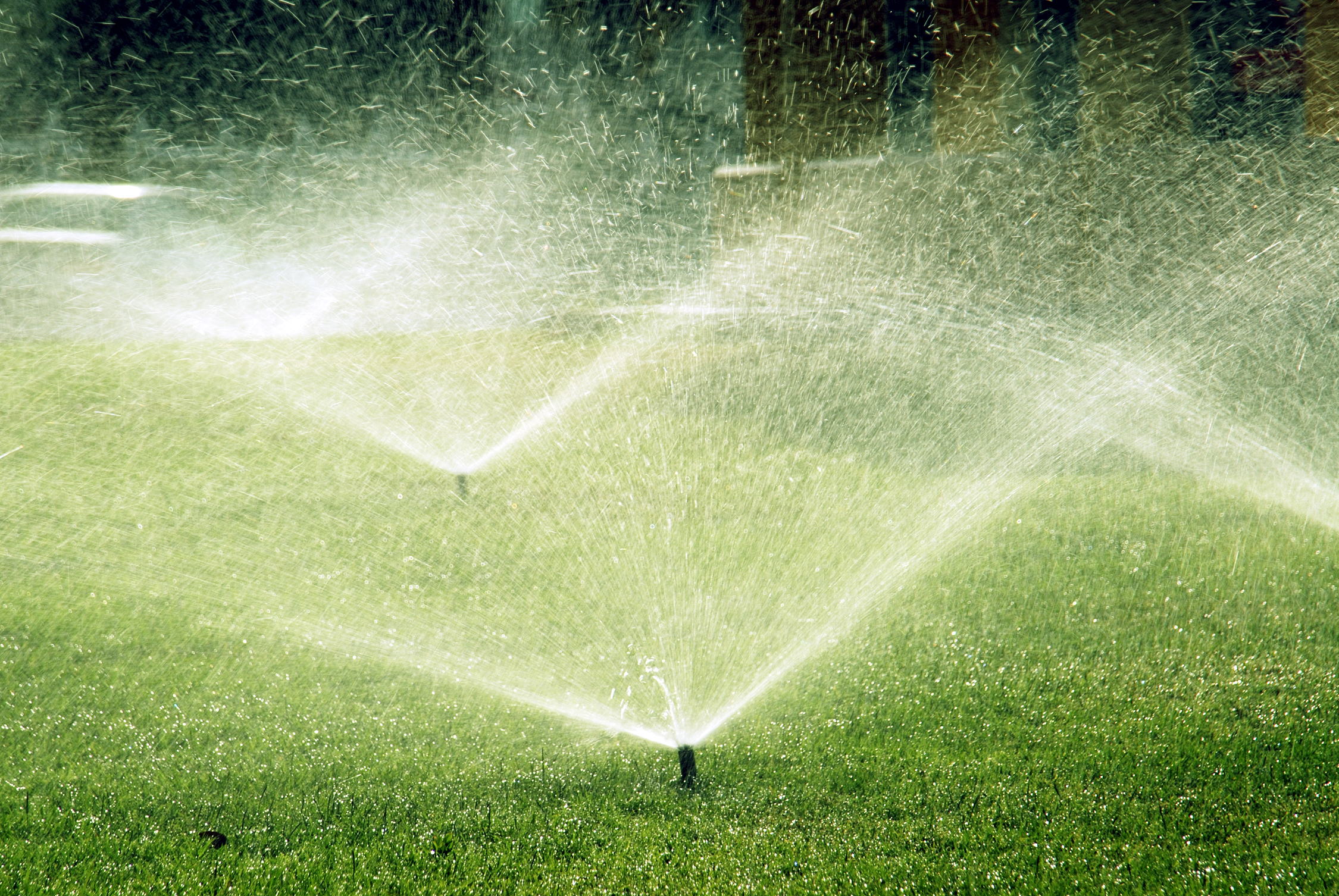
As the days shorten and the air cools, it’s time to shift your lawn care routine to prepare for the fall and winter months. While summer’s heat fades, your lawn still needs attention to thrive. This is also a crucial time to focus on your sprinkler system to ensure it’s running efficiently and ready for the changing weather. Here are five key tips:
1. Adjust Your Watering Schedule for Fall
Fall’s cooler temperatures mean your lawn needs less frequent watering. Reduce your watering schedule to about two days a week, or even less, depending on rainfall. The key is to water deeply and infrequently, allowing the soil to dry slightly between waterings. This encourages deeper root growth, making your lawn more resilient.
2. Tailor Watering to Your Lawn Type (and Sprinkler Zones)
Different grass types have varying water requirements. Bermuda grass, for example, is more drought-tolerant than fescue. Understanding your lawn’s specific needs is crucial for proper watering. This is where a well-designed and maintained sprinkler system can make a huge difference. Zoning within your system allows you to customize watering for different areas of your lawn. Consult with a professional, like JB Irrigation, to optimize your sprinkler system for your specific lawn type and layout.
3. Prioritize Sprinkler System Repair and Winterization
Fall is the ideal time to inspect, repair, and prepare your sprinkler system for winter. Addressing any leaks, broken heads, or malfunctioning valves now can prevent costly problems later. Proper winterization is also essential to protect your system from freezing temperatures. JB Irrigation can help with:
- System Check-ups: Identifying and fixing any current or potential issues.
- Efficiency Optimization: Ensuring your system is delivering the right amount of water to the right places.
- Winterization: Properly draining and preparing your system for the colder months to prevent freeze damage.
4. Maintain a Regular Mowing Schedule
Don’t neglect mowing just because summer is over. Regular trimming removes any remaining heat-stressed grass and keeps your lawn looking neat and healthy. However, avoid cutting the grass too short, as this can make it more vulnerable to winter damage.
5. Prepare for Winter with Fertilization
Fall is an excellent time to apply a winterizing fertilizer. This provides your lawn with the nutrients it needs to survive the winter and emerge healthy in the spring. A healthy lawn is better equipped to withstand winter’s challenges.
Fall Lawn Care: A Proactive Approach
Fall is not a time to relax on lawn care. Your lawn requires attention during this transitional season to ensure its health and vitality. By focusing on proper watering, sprinkler system maintenance, and other key tasks, you can set the stage for a beautiful and thriving lawn next spring.
JB Irrigation: Your Partner in Fall Lawn Care
JB Irrigation is here to help you with all your fall lawn care needs, especially when it comes to your sprinkler system. We offer comprehensive services, from system inspections and repairs to winterization and efficiency optimization. Contact us today for a consultation and let us help you get your lawn ready for fall and winter!
Related Articles
Do You Have Slow Or Clogged Yard Drains? Here’s How To Fix Them.
Yard drains and driveway drains help remove rainwater from your property into the storm sewer or other…
Sprinkler Freeze Alert For The Houston Area
The temperature is expected to plunge in the Houston area for most of this week. Starting on…
High Temperatures Expect Throughout The Week – It’s Time To Service Your Sprinkler System
The Houston area is expecting temperatures to rise to the mid-nineties throughout the week. Hight heat can…
How to Prevent Fertilizer Burn During the Summer
During the warm summer months, everyone wants to enjoy their lawns. Unfortunately, the summer heat can also…

